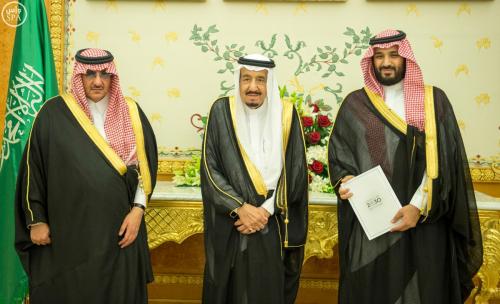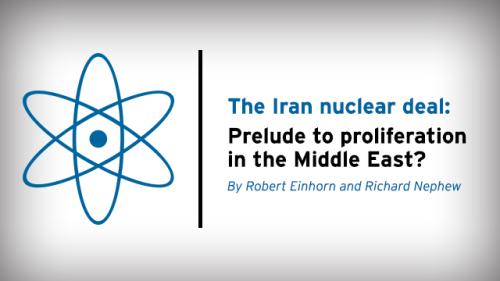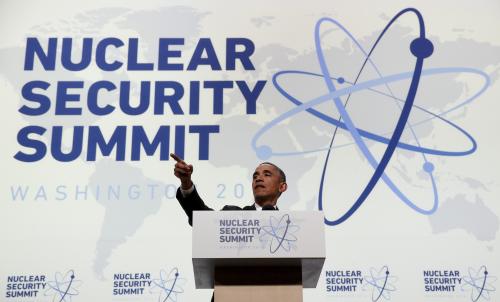Bruce Riedel
sees the improvement in U.S.-India relations as a major accomplishment of the Bush administration, which carried forward progress made during President Bill Clinton’s tenure. Riedel says the
U.S.-India nuclear agreement , which has been held up by opposition in India’s parliament, is likely to be approved next year, and that both major Indian political parties now see the United States as one of “the central pillars of India’s foreign policy.”
In looking at President Bush’s foreign policies, people have criticized him for not building on the past. On the question of dealing with India, President Bush’s administration seems to have built on [President Bill] Clinton’s work in getting a relationship going with the Indians. Would you agree with that?
Very much so. When it came in, the Bush team recognized that India was going to be one of the key powers of the twenty-first century, an emerging potential power, certainly a regional power, but perhaps a global power as well. I worked for President Clinton and for President Bush in his transition. His team very much understood that they wanted to build on what the Clinton people had done and to take it further. The Bush people have taken it further with the India-U.S. civilian nuclear deal, which offers the opportunity to remove one of the main stumbling blocks to U.S.-Indian rapprochement—the nuclear nonproliferation issue.
That agreement caused a certain amount of controversy in the United States when it was signed in 2007, but eventually it got general approval in Congress. Why is India delaying approving it?
The delay in India is entirely due to politics in the governing coalition. The Congress Party, a strong supporter, negotiated the deal and it wants to conclude it. But their junior partner in the coalition, the Communists, opposes the deal for a very simple reason. They recognize that the deal is the pathway by which U.S.-Indian relations are going to get much stronger. The Communists are basically opposed to a strong U.S.-Indian strategic partnership and they want to try to scuttle the deal. When I was in India a few weeks ago, the government made it very clear that they are determined to push this deal forward and to get the various bits and pieces of it put together to go to the International Atomic Energy Agency [IAEA] to finish the negotiations with them and then take it to the Nuclear Suppliers Group [multinational nuclear safeguards group]. Sooner or later they will force a showdown with the Communists but probably closer to the next scheduled Indian election in May 2009. This agreement is probably one that is going to slip over into the next administration.
Is there any chance that a new president in the United States would want to scuttle this?
I certainly hope that wouldn’t happen. This deal is the basis for strong U.S.-Indian relationship and I support it. There is certainly a possibility that a new administration may try to strengthen the nonproliferation parts of it, and might, particularly if the Democrats are elected, try to revive the Comprehensive Test Ban Treaty [CTBT]. But the first step there of course would be for the United States to ratify the CTBT. I don’t think we could go to the Indians and ask them to do something that we haven’t done so far.



Commentary
U.S. is One of the ‘Central Pillars’ of Indian Foreign Policy
April 29, 2008